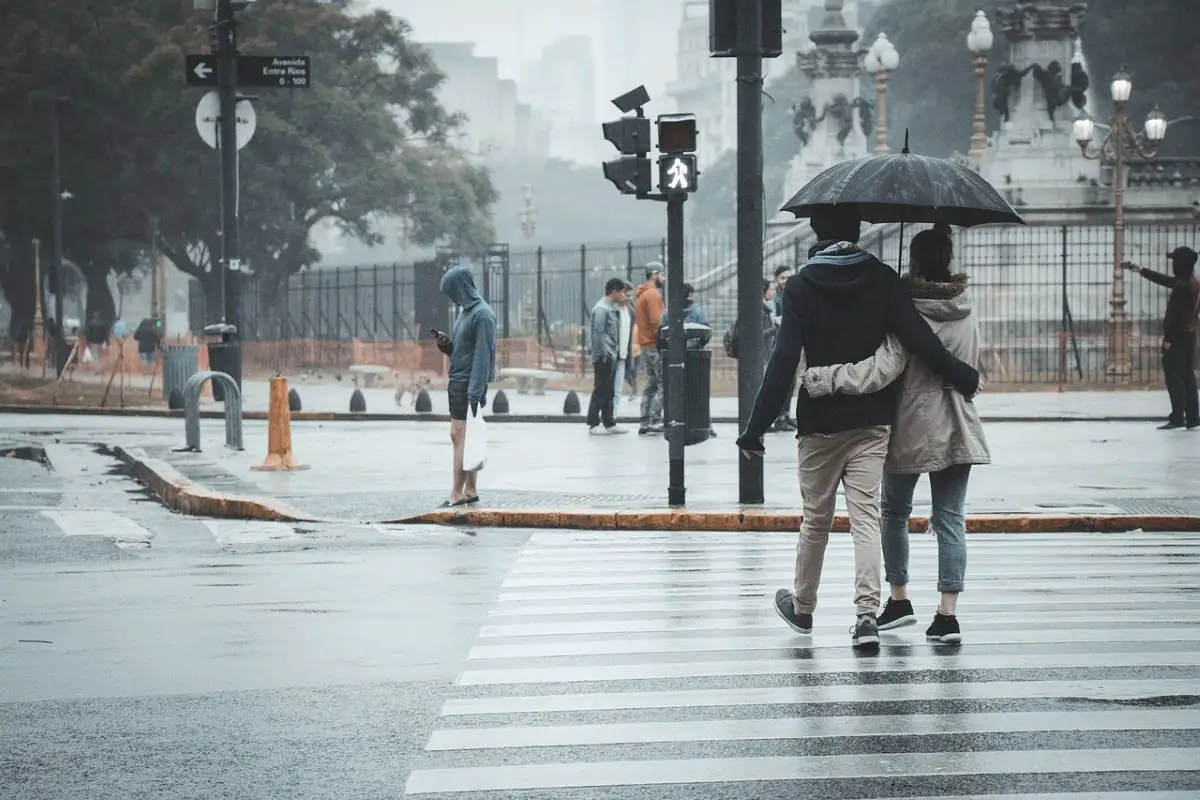There are some places where it’s illegal to collect rainwater. In fact, there are many places where people have been fined or even arrested for collecting rainwater.
What is the reasoning behind this? It varies from place to place and situation to situation, but the answer to the question is it illegal to collect rainwater typically boils down to one of two things:
The first is that local governments don’t want to encourage people to rely on themselves—they want them to rely on the government instead. Why? Because if you’re depending on yourself and not on them, they lose control over you. This is especially true when it comes to water collection because water is essential for life and safety.
The second reason why collecting rainwater might be illegal is that it can cause conflict between neighbors who need water for their own purposes—like watering their lawns or gardens. When someone starts collecting rainwater from their roof, other people start feeling like they’re losing out on something valuable: their water supply. This can lead to arguments and even violence between neighbors over whose water is more important than another’s—and since most people won’t take kindly to having their property damaged, this could lead some people down a dangerous path of revenge.
Why Is Rainwater Collection Not Legal In Some States?
To answer the question, is it illegal to collect rainwater, read on. Rainwater collection is not legal in some states because of the potential for water contamination from bacteria and other contaminants that fall into the rain barrels.
Although rainwater collection is a great way to save money on your water bill, it is not without its drawbacks. One of those drawbacks is that rainwater is not always safe for consumption. The reason for this is that there are many contaminants in the air that can settle into your water supply, causing health problems for everyone who drinks it. Rainwater may also contain harmful chemicals from industrial pollution or pesticides sprayed by nearby farms and gardens.
In general, if you are considering rainwater collection as an alternative source of drinking water and wondering is it illegal to collect rainwater, you should do some research first to see if it’s safe where you live. If it isn’t safe or legal where you live, then it may be better to invest in a filtration system instead.
Is It Possible To Go to Jail For Illegal Rainwater Collection?
For those wondering is it illegal to collect rainwater, the answer is yes, it is possible to go to jail for illegal rainwater collection.
In California, it is illegal to collect rainwater unless you have a permit from the county or city in which you live. However, in many areas of California, permits are not yet required to collect rainwater because of a recent amendment that was passed by the State Legislature. This amendment will be effective on January 1st 2020.
Some counties and cities are starting to require permits for rainwater collection now, however, so it’s important to check with your local officials before starting any type of rainwater collection system at home.
What Is Rainwater Collection?
Rainwater collection is the process of collecting rainwater from rooftops and other surfaces, such as patios and driveways. The collected water can be used for many purposes, including flushing toilets and watering plants.
Rainwater collection can be done at home or on a larger scale for commercial or industrial use. Large-scale rainwater collection systems are common in areas with poor water quality or inadequate water supply infrastructure. They are also used to help reduce storm runoff and prevent flooding.
There are two main types of rainwater collection systems: direct collection and indirect collection. In direct collection, the rainwater is collected directly from a roof or other surface where it collects naturally without being filtered through any kind of filter media like sand or gravel beds. In indirect collection, the rainwater is collected through a filter media like sand or gravel beds before it’s delivered to storage tanks.
Can You Apply For A License With Your Local State For Rainwater Collection?
The short answer is yes. But the long answer is a little more complicated. In most states, it’s legal to collect rainwater, but it’s not always easy. In many cases, you’ll need to get a permit and follow certain guidelines to ensure that you’re not collecting water in such a way as to violate any environmental regulations.
To complicate things further, each state has different requirements for how you can go about getting this permit. Some states will allow you to apply online while others require that you submit forms by mail or in person at an office location.
The good news is that most of the time these permits are fairly simple and easy to obtain, though they still require some research on your part beforehand so that you know what paperwork needs to be filled out and where those applications should be sent.
Why Do Some States Need Permits For Rainwater Collection?
Some states require permits for rainwater collection. The reason is that some states want to protect the public by ensuring that everyone is using safe and reliable equipment.
For example, if someone were to collect rainwater from their roof and then use it to water their garden, they could be exposed to any number of contaminants. There are many things on roofs—roofing tar, nails, bird droppings and other animal waste—that may be harmful if ingested or come into contact with your skin. These contaminants can cause sickness and disease if ingested or absorbed through your skin.
Rainwater collection is a great way to conserve water in your home or business but it’s important to do it safely so you don’t put yourself or others at risk.
Are There Health And Safety Concerns With Rainwater Collection?
Rainwater collection is a great way to reduce your water usage and save money. It’s also a great way to stay in touch with your environment, since the rainwater you collect will likely contain minerals and nutrients that can be used to fertilize your plants or lawns.
However, there are some health and safety concerns with rainwater collection. The first concern is that rainwater may contain harmful bacteria such as E. coli or salmonella. If this happens, it’s important to make sure you wash off any containers before using them again. A good way to do this is by mixing ¼ cup of bleach into 1 gallon of water and pouring it over the container before rinsing it out with fresh water.
The second concern is that rainwater may contain high concentrations of lead from old paint chips that have fallen onto roofs or other surfaces where they were exposed to rainwater runoff from roofs over the years. If you’re concerned about lead exposure from your roofing materials, consider getting them tested for lead content before collecting rainwater from them yourself!
Conclusion
Yes, it is illegal to collect rainwater in many places. Though some urban areas have no restrictions, many smaller communities do not allow water to be diverted from storm drains. Check your local jurisdiction before going down this route.
You May Like This Article As Well:
 Being Human
Being Human




